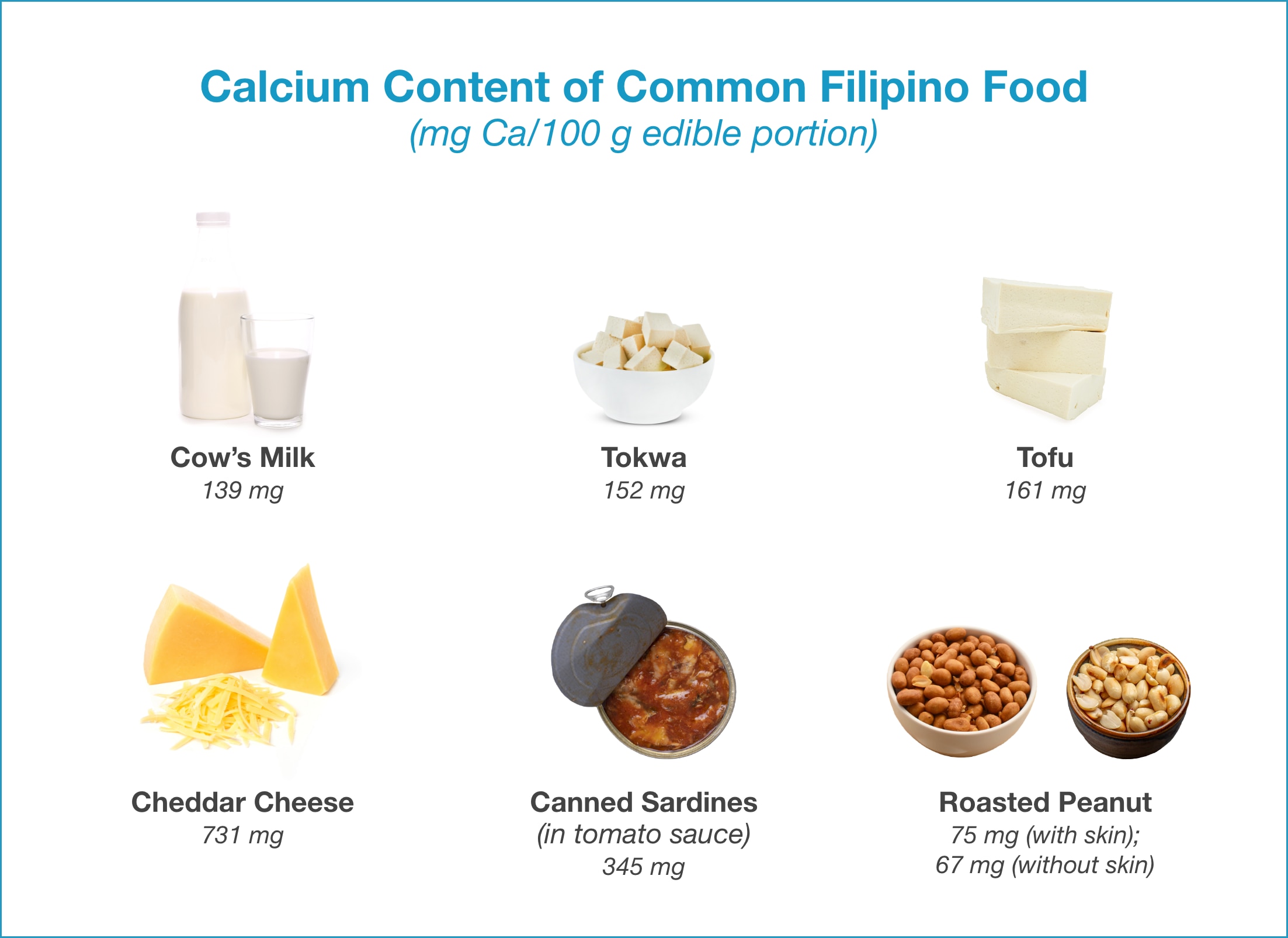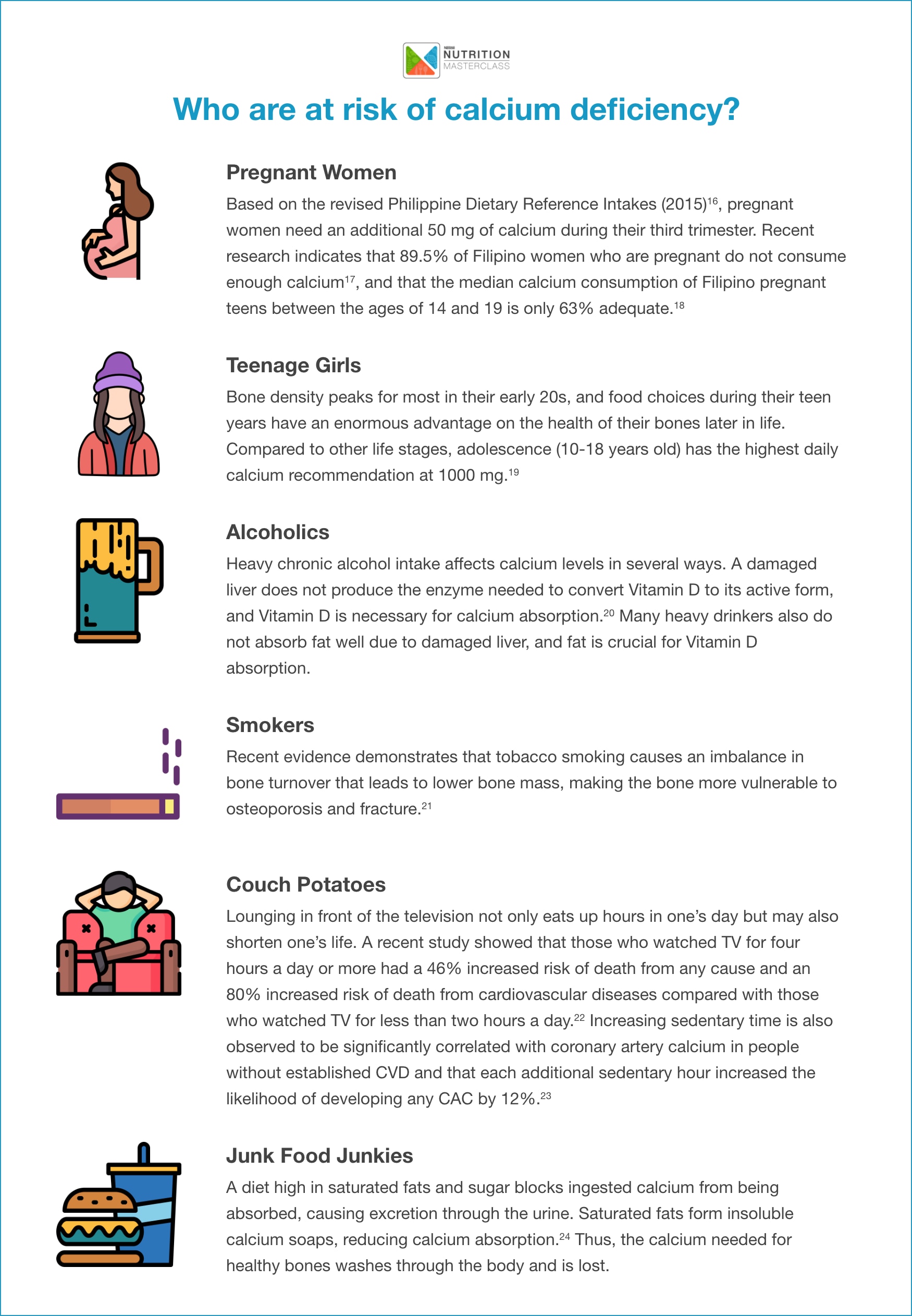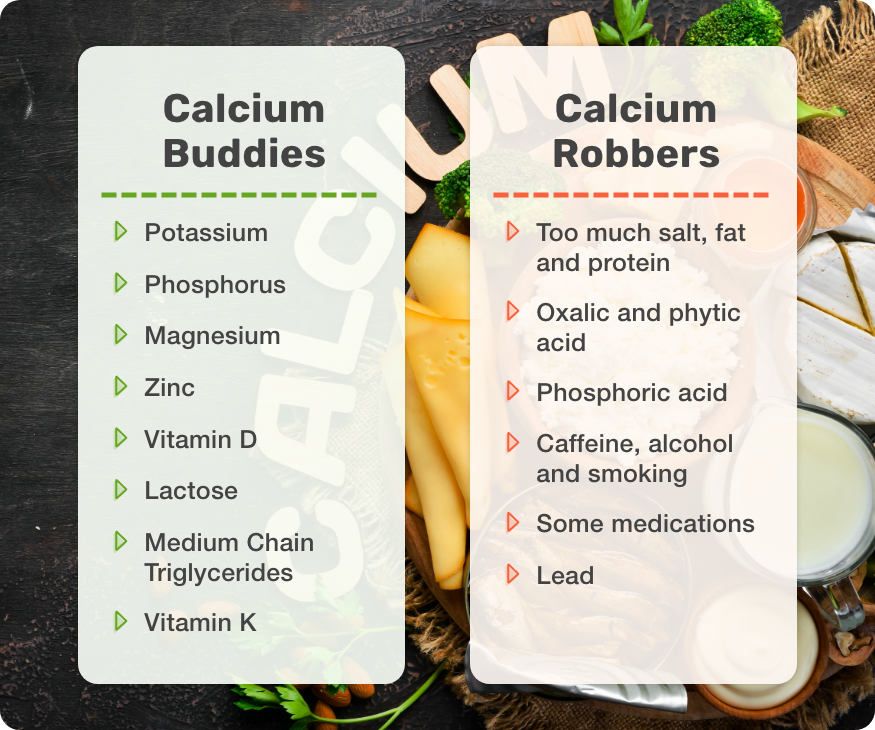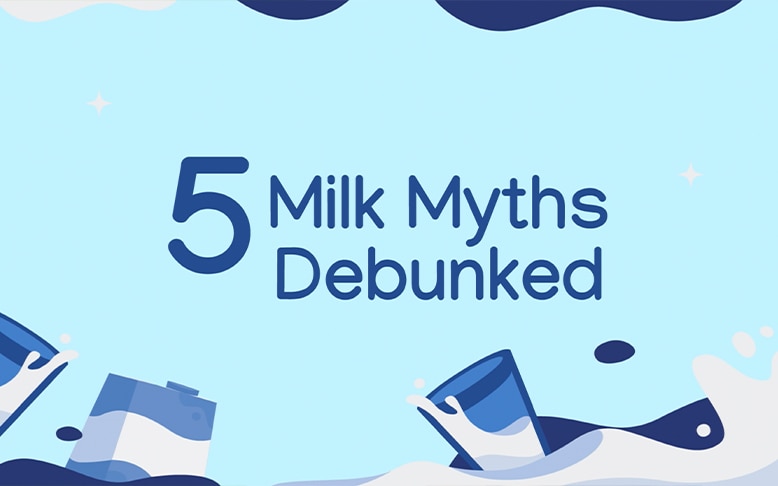There’s More Than What Is Obvious

Among the minerals, calcium is the first to come to mind for young and old. Most often than not, it is associated with healthy bones and teeth.
Yet there is more to calcium than healthy bones and teeth. Calcium is a lifesaver and a life-extender in more ways than one. Scientists are just now beginning to discover many of the health benefits of calcium and the seriousness of calcium inadequacy in daily eating habits.
The first thing to know about calcium– most do not get enough calcium in meals.1 It has been proven by certain research studies, particularly among women, that calcium and iron are the two most common nutritional deficiencies. Not being able to get enough is already a nutritional problem in itself. In the long run, if not addressed nutritionally, it will worsen daily, monthly, and annually.
The second thing to know– calcium is the most abundant mineral in the human body. The majority of calcium in humans (98%) is in the bones, with the remaining 2% found in the teeth, blood, and soft tissues.2
Even if a person does not drink milk, some food types have calcium as a nutrient. And even if only a fraction of the calcium is circulating, this “teeny weeny“ amount is crucial to one’s health.

How crucial is calcium? Problems like failure to incorporate calcium into the daily diet, inability to absorb calcium through the intestines, or too much excretion of calcium through the kidneys will make the body run off with what it needs from the bones where calcium is primarily stored.
Newly Found Roles and Benefits of Calcium
Calcium is a crusader that fights heart disease, high blood pressure, cancer, and osteoporosis. Scientists are still uncovering calcium wonders and so to be in the know, here are other benefits of calcium:

The Red Zone: How to Spot Those At Risk
Refers to critical situations signifying an approach to nutritional deficiency and why the risk occurs.

How To Know If Extra Calcium Is Needed
A woman between the age of 15-60 has a high chance of not meeting the calcium requirement. Unfortunately, the problem with calcium deficiency is that when the symptoms show, it signifies bone loss.
To easily spot calcium deficiency, here is a list of usual symptoms:

Calcium + Total Nutrition: Team Partnership in the World of Nutrients
Nutrition does not happen in a vacuum or one-dish meal. Even when several types of research have come out that sardines are very high in calcium and can help ward off the extreme fears of osteoporosis, lowers blood pressure, and help fight off the onset of cancer types, it is not enough.
Why? Because nutrients work together in harmony.
NUTRIENTS work or interplay to work together in harmony.
Like a symphony, everything is essential. Nature made the mix of all nutrients just right.
Calcium Buddies and Calcium Robbers

Scientists have identified 50 essential nutrients and seen above are some of the more important nutrients that are essential to working with calcium in the human body.
Yet, just as the intake of nutrients is good for the body, it blocks the vitamins and minerals trying to get through the cells. For calcium, this is specifically true.
As calcium absorption is through the intestines, it risks being blocked by other dietary compounds. Worse, some of the foods or medications that we take such as medications and antacids can block calcium absorption and reduce the benefits.
Conclusion
Calcium is a popular mineral by heart, and its spontaneous benefits go beyond bone health. Numerous studies have uncovered its benefits on the nervous, digestive, reproductive, and immune systems, as well as in the maintenance and improvement of vision and dental health.
Sneaking calcium-rich foods into the daily diet goes beyond disease prevention and spending a productive life at every age. But it's important to keep in mind that the amount of calcium in some foods may not correspond to the amount the body will absorb. Bioavailability and presence of anti-nutrients are some of the contributing factors.


 Ma. Eloisa E. Villaraza , RND, MSCN
Ma. Eloisa E. Villaraza , RND, MSCN















No comments here yet.